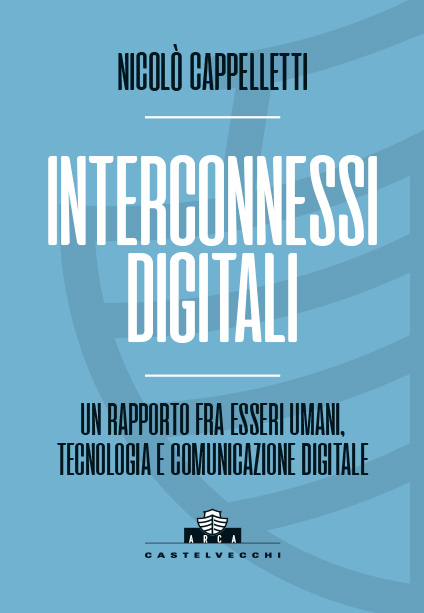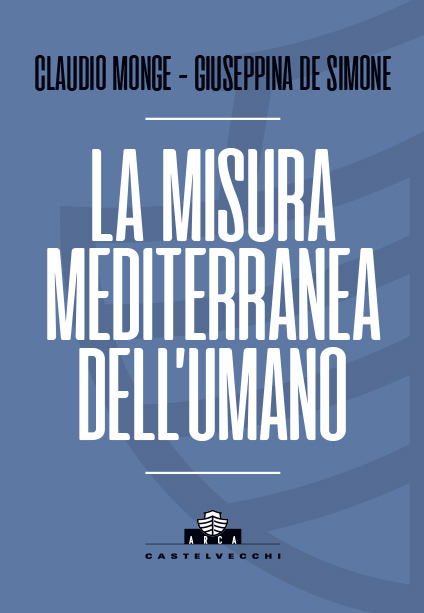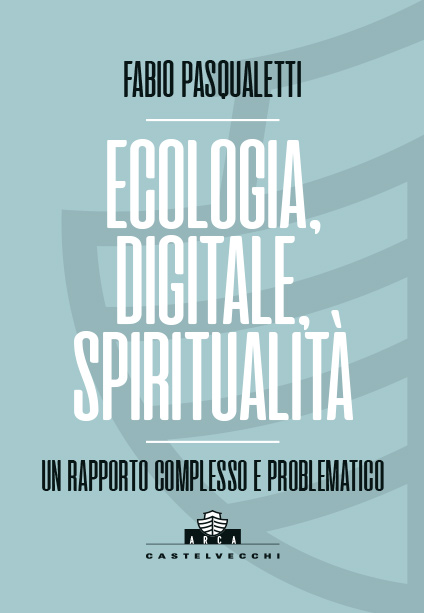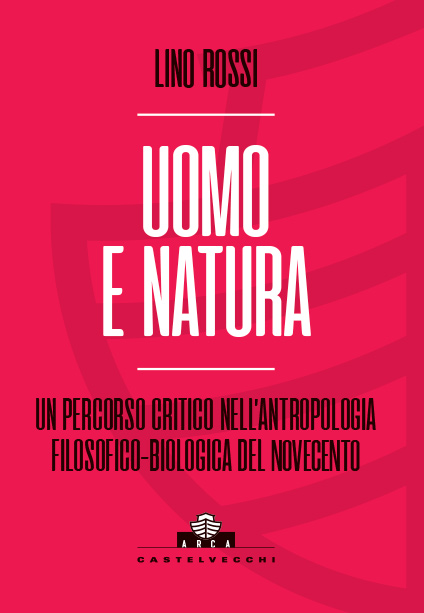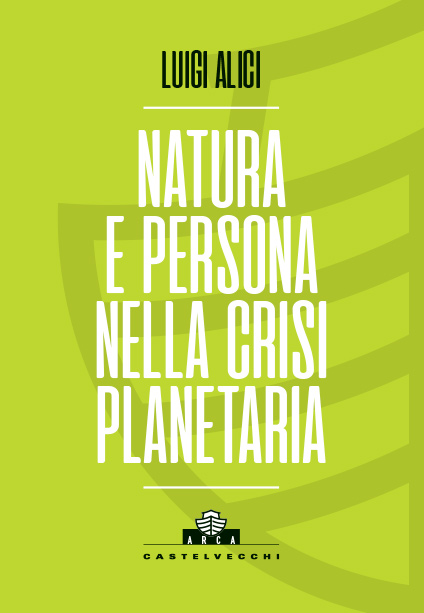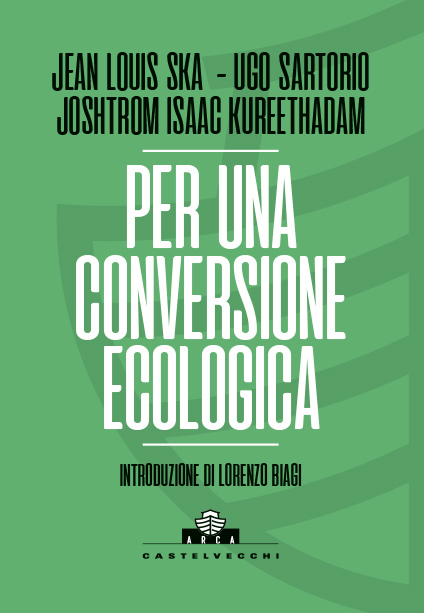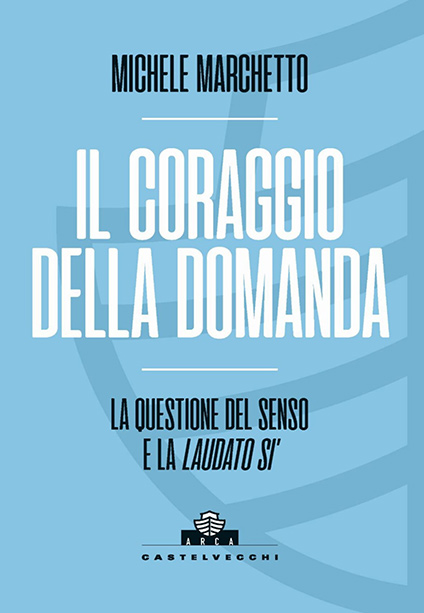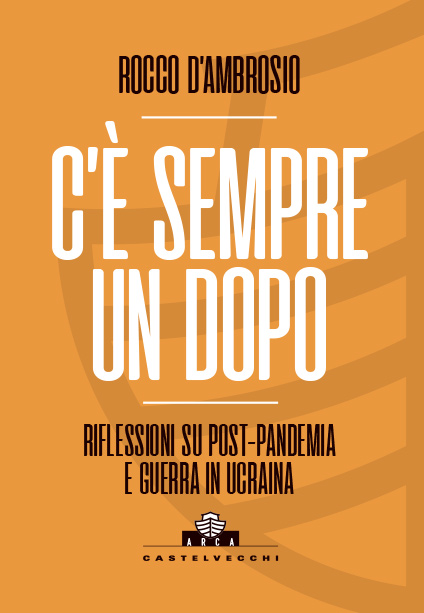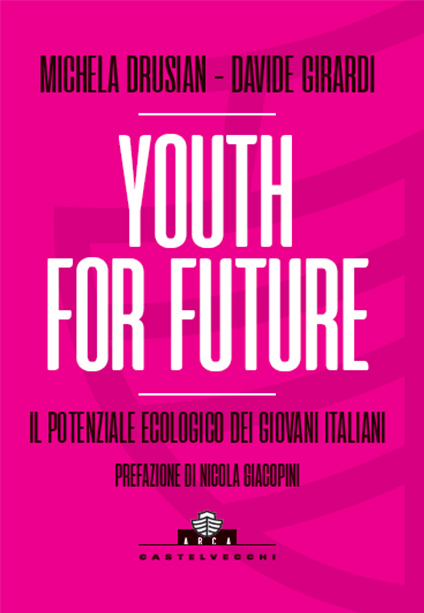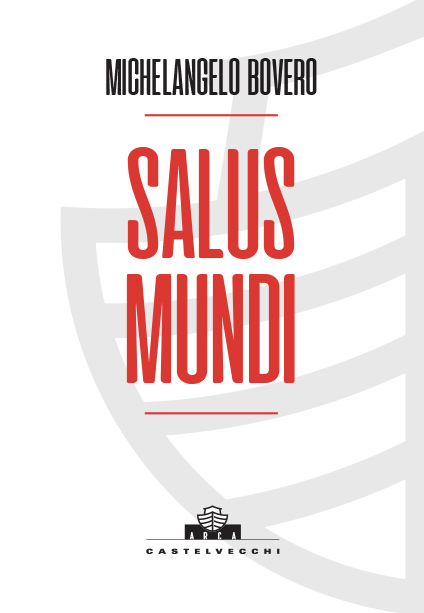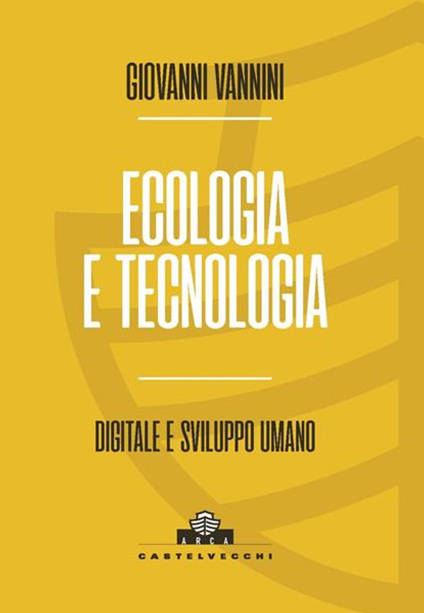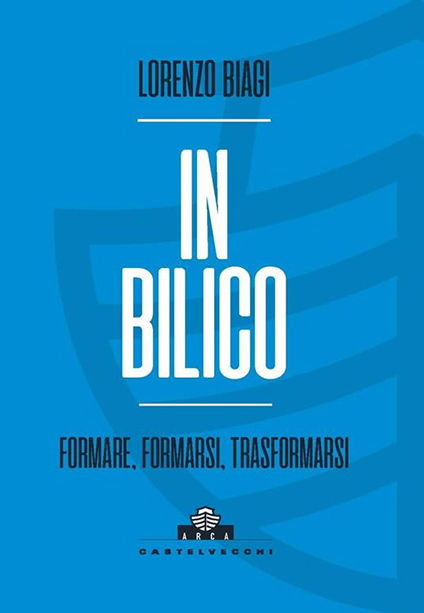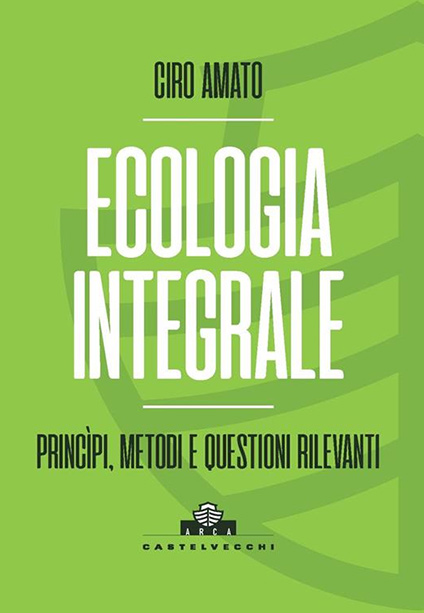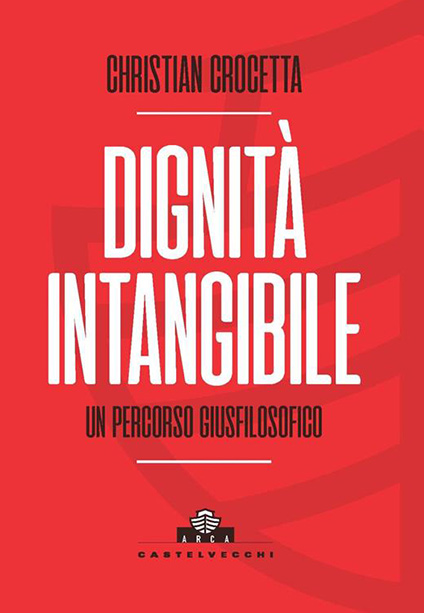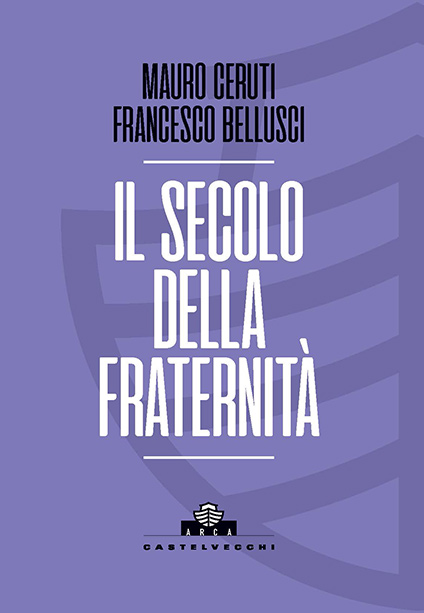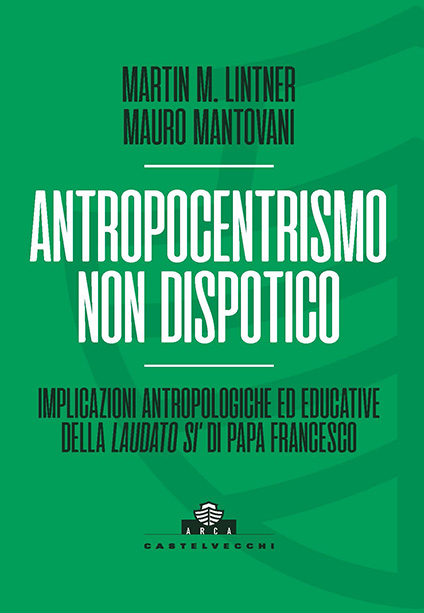Titolo: La fiducia nella relazione educativa
Tipo di pubblicazione: articolo
Anno di pubblicazione: 2018
Autore: Enrico Scalabrin
Rivista: IUSVEducation #12
Pagine: 124-139
Data di pubblicazione: dicembre 2018
Editore: IUSVE – Istituto Universitario Salesiano
ISSN: 2283-642X
Come citare: Scalabrin, E. (2018). La fiducia nella relazione educativa. IUSVEducation, 12, 124-139. https://www.iusveducation.it/hr-4-0-lera-digitale-e-la-gestione-delle-risorse-umane/
Parole chiave: risorse umane, formazione online, reclutamento, reputazione, smart working
Paper PDF: IUSVEducation_12_Scalabrin_HR_4.0.pdf
Abstract:
La web society è appena agli albori, ma lo sviluppo tecnologico ha già avuto un effetto profondo sui nostri stili di vita e i nostri modi di apprendere, relazionarci, comunicare. Di conseguenza, anche nelle aziende la forza disruptive del digitale inizia a mettere in discussione i vecchi sistemi di organizzazione e gestione del lavoro. I nuovi e potenti strumenti presentano una serie di vantaggi, ma anche di criticità su cui occorre riflettere per gestire al meglio la loro introduzione.
Il presente lavoro delinea alcuni contributi che i canali digitali possono portare ai processi di ricerca, selezione e formazione del personale. Contestualmente verranno esaminate le conseguenze sociali sull’uomo, sulla sua identità, sui rapporti interpersonali e sulle relazioni che si instaurano tra quelli che saranno di volta in volta i protagonisti del processo: selezionatore e candidato, formatore e discente, manager e dipendente. Competenza, relazione, visibilità, reputazione sono i concetti chiave di questa nuova epoca. Se l’Industria 4.0 ci sta portando verso una produzione industriale sempre più automatizzata, le Risorse Umane devono anch’esse evolvere per essere una guida consapevole nella trasformazione dei processi, nella ricerca e selezione di professionalità adeguate, nello sviluppo delle competenze e nella gestione delle risorse interne nell’apertura alla società digitale, il cui asset fondamentale deve rimanere il fattore umano.
Keywords: human resources, e-learning, recruitment, reputation, smart working
Abstract:
We are only at the dawn of the ‘web society’, but technological innovation has already affected the human being and his way of learning, relating, communicating. Furthermore, inside the companies the disruptive force of the digital starts to transform the old systems of job organisation and management. New and powerful instruments could bring benefits but also involve critical issues, that we should examine before introducing them.
This study will go through the advantages that the processes of research, selection and training of staff could obtain from digital devices. At the same time, we will observe the social consequences on the person, his identity and relationships between the mainactors of these processes: recruiter and candidate, trainer and learner, manager and employee. Skills, relationships, visibility, reputation are the key concepts of the new digital era. If with Industry 4.0. we are moving towards an even more automated industrial production, Human Resources should evolve as well to became a guide for companies that want to transform their internal processes, improve research and selection of candidates, develop employee’s skills and get a better internal resource management in the transition to the digital society, in which the human factor keep a central importance.
















